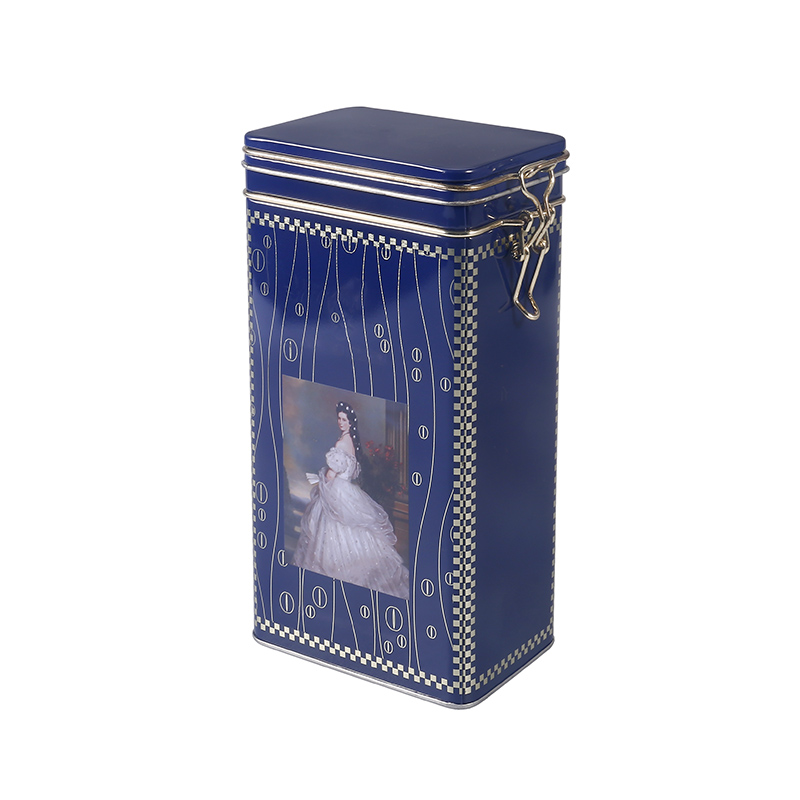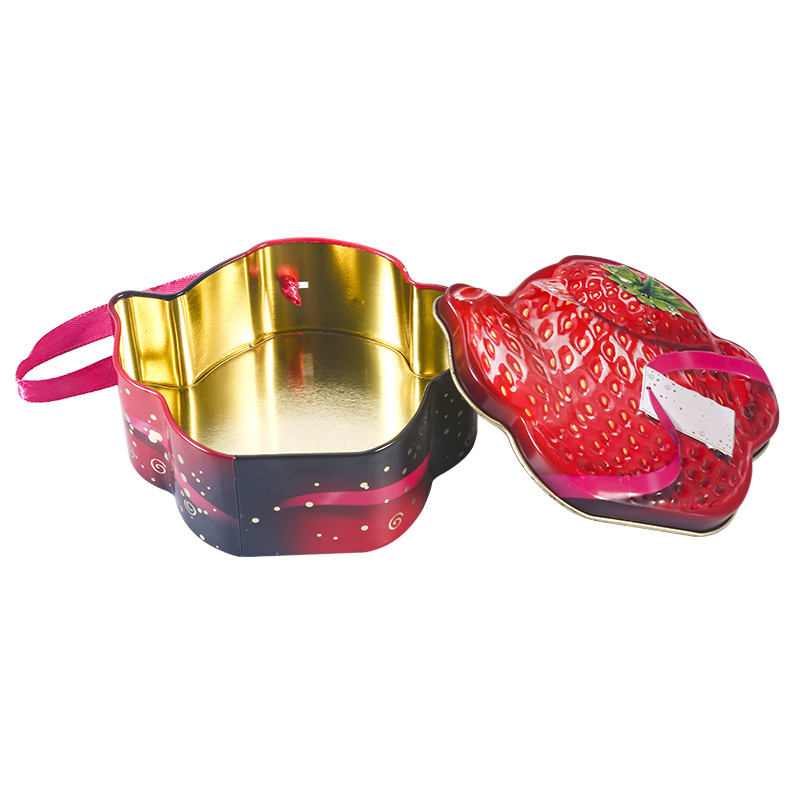Among the world's many food storage innovations, canned food may stand above the rest. It's fed armies, farmers, housewives, royalty, and everyone in between since its invention more than 200 years ago. The concept of sealing food inside of a tin can for safe preservation dates back to at least 19th century England, and canned food that's been properly sealed can be safely eaten well past the best by date (via Oldways Nutrition Exchange).
While a sealed can may make a great home for longterm storage, once the can has been opened it no longer functions quite as well. That's why any unused food from a tin can should be stored properly in sealable containers before being placed in the refrigerator. The opened can isn't dangerous, but the taste of the food may be affected now that the seal has been broken. Tin Cylinder

According to Science Notes, it can be hard to properly seal an opened tin can, and once food has started drying out it will acquire an "off", tinny flavor from its compromised container.
Not only does canned storage preserve the food for safe consumption, it also manages to protect much of the flavor. Tinned fish, vegetables, and beans all keep much of their original taste even after sitting in a can for an extended period of time. Opening the can and exposing its contents to the air is the first step to losing that flavor. According to Science Notes, food left in an opened can will begin to dry out and take on the flavors of its container.

Makeup Tin Box Food left in an opened can will be mostly safe to eat though. According to Lifehacker, most foods will not develop severe food poisoning like botulism after being stored in an opened can. There is a small chance that acidic foods can leach some metals from the exposed parts of the can over a long period of time (via Science Notes). It should be said that this is a rare occurrence however. While it is best to transfer any of the remaining contents of a tin can to a sealable container, food kept in a recently opened tin is not unsafe for consumption.